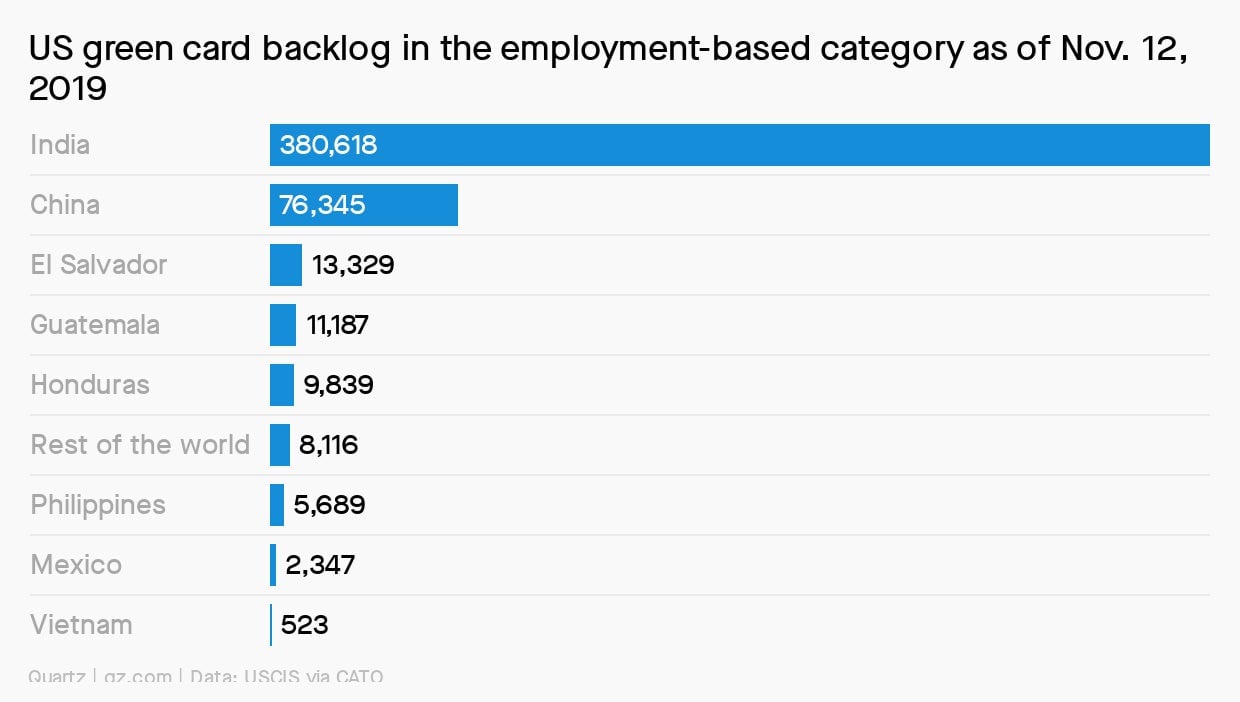US election, Ant IPO suspended, astronaut mice
Good morning, Quartz readers!

Good morning, Quartz readers!
Here’s what you need to know
The US election day is starting to wind down. As voters cast their ballots for president (and other local and state offices), the polling station chaos some were bracing for failed to materialize. Twelve United States Postal Service districts were ordered to sweep their locations for some 300,000 missing ballots, and key battleground state North Carolina’s election board made an emergency decision to extend the hours for some precincts’ polls that were opened late on Tuesday morning.
There are ways to keep track. We may not know definitive results for some time, but it’s worth keeping an eye on the numbers that do trickle in: Certain localities’ counts, when reported, will indicate real, useful information. The New York Times’s much-maligned election needle is still a decent indicator of which way things are going, but to truly feel like part of the action, may we recommend watching live ballot-counting?
Traders are positioned for a clear outcome. Despite indications it could be a contested election, the VIX volatility index—or “fear gauge”—is on the decline. Stock markets from Paris to Frankfurt have also rallied for a second day, and futures linked to the S&P 500 climbed about 1.2% today. Oil and gold surged. The markets’ gyrations signal traders think the odds of a contested election are overblown, and that there’s a path toward renewed US government stimulus.
Ant’s IPO is turning out to be no picnic
Ant Group’s blockbuster debut is on hold. The Shanghai Stock Exchange announced that its listing of Ant had been suspended, citing “material changes” in the regulatory stance on financial services, which could result in Ant failing to meet the conditions for listing. Ant later said it would suspend its Hong Kong offering as well.
The surprising reversal comes after Jack Ma, Ant’s billionaire controlling shareholder, and two other top executives were summoned by regulators Monday for a supervisory meeting, prompting China’s internet to coin a new “proverb.” US shares of Alibaba, also founded by Ma, dropped on Tuesday following the Ant news, trimming $3 billion from Ma’s net worth.
In other news…
- A Hong Kong journalist was arrested for investigating police.
- ByteDance relaunched its health apps as part of its restructuring.
- Hong Kong began a dispute with the US over country of origin labeling.
- Volkswagen released two new electric SUVs in China.
- Saudi Aramco saw a 44.6% drop in net profit in the third quarter.
The power of young Nigerian women

Perhaps the most distinctive characteristic of the #EndSARS protests is the prominence of young women in steering and sustaining the movement, Shayera Dark writes. The Feminist Coalition—a group of 14 women from activist and non-political backgrounds—has raised funds to provide medical support, legal assistance, and security for demonstrators, while others have focused on documenting police violence and offering counseling to victims.
“Nigerian women have been primed for fighting [because] we spend so much time fighting,” said Saratu Abiola, a writer and development professional based in Nigeria’s capital, Abuja. “So when [the EndSARS protest] happened it was easy to mobilize. It’s become an instinct.”
Meanwhile, protesters are bracing for another government attempt to regulate social media, as key officials have made recent, high-profile calls to do in order to stop the spread of “fake news” reports that the government says may “destabilize” the country.
Charting the green card backlog for H-1B workers
Hundreds of thousands of H-1B workers from India are stuck in a decades-long green card queue. An estimated 200,000 will likely die of old age before they reach the front of the line. The backlog is the result of a mismatch between the annual number of H-1Bs, which are issued irrespective of nationality via a lottery, and green cards, which are capped by country.

Lawmakers have let the green card crunch fester for years to avoid getting into gnarly immigration discussions. The problem has only gotten worse in the Trump era.
If nothing changes, the current 195-year timeline for Indian green card hopefuls could stretch to a crazy 450 years within a decade—prompting some workers to keep a backpack with their immigration documents handy in case they have to suddenly be on the move. Read more in our new field guide on the status of the H-1B visa.
✦ Celebrate our 100th field guide by diving into the archive. You’ll need a Quartz membership, but lucky you, it’s 20% off the first year, with code QZTWENTY.
Surprising discoveries
The power of spinach. Researchers have converted the leafy green into carbon nanosheets to catalyze key reactions in fuel cells and metal-air batteries.
A clever prank can be enjoyed centuries later. Like the medieval stone selfie a 12th-century mason carved into a Galician cathedral.
Astronaut mice reveal a way to potentially slow aging. Experiments on the rodents aboard the International Space Station showed one protein that could help.
A new way to vote with your wallet. The Democratic Values ETF claims to only include companies with a “commitment to democratic causes and candidates.”
Boaty McBoatface sets sail. The internet-named research ship is headed out to sea for tests before trips to the Arctic and Antarctic in 2021.
Our best wishes for a productive day. Please send any news, comments, hidden historical selfies, and internet meme updates to [email protected]. Get the most out of Quartz by downloading our iOS app and becoming a member. Today’s Daily Brief was brought to you by Jane Li, John Detrixhe, Yomi Kazeem, Jackie Bischof, Susan Howson, and Liz Webber.